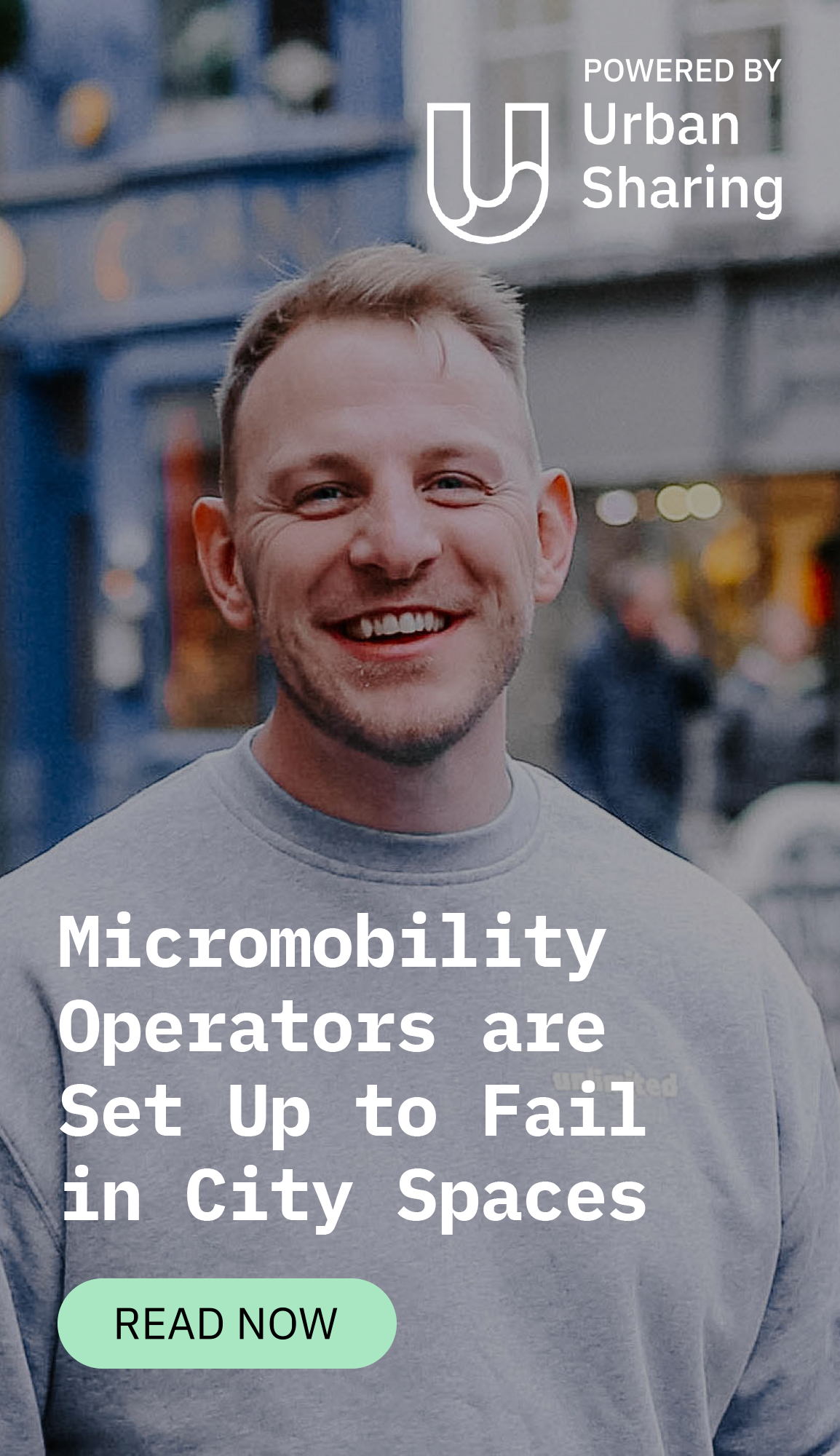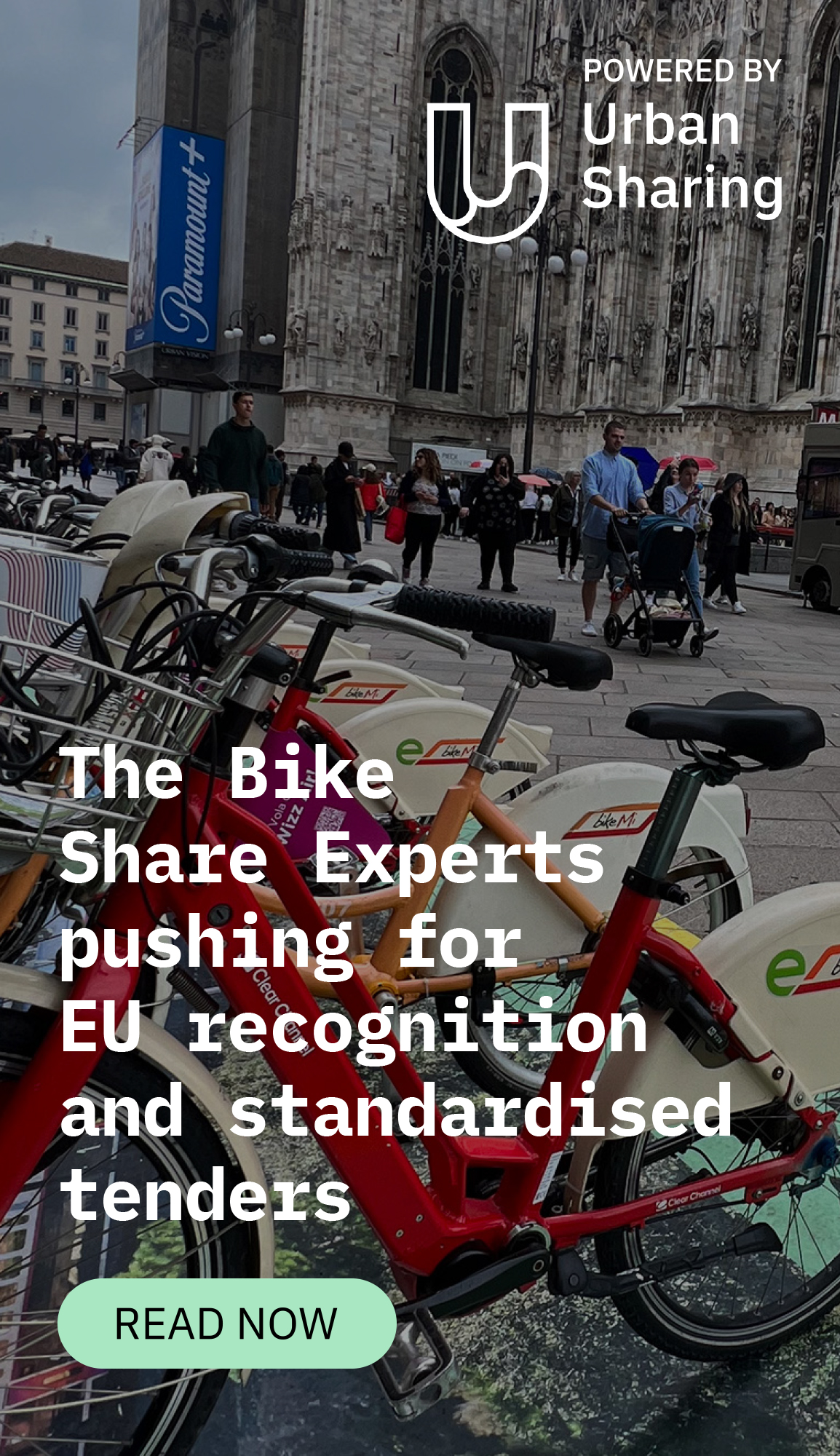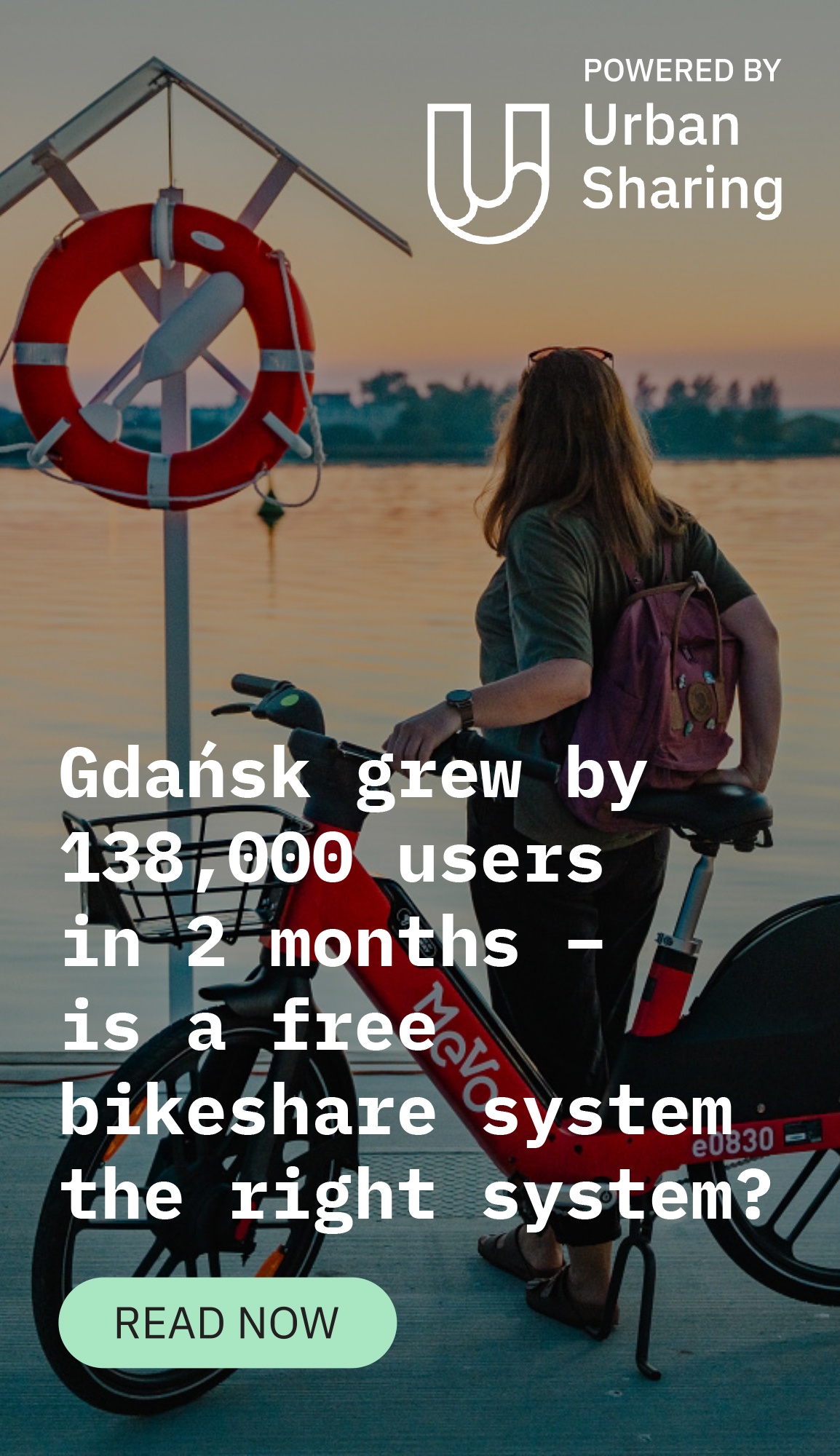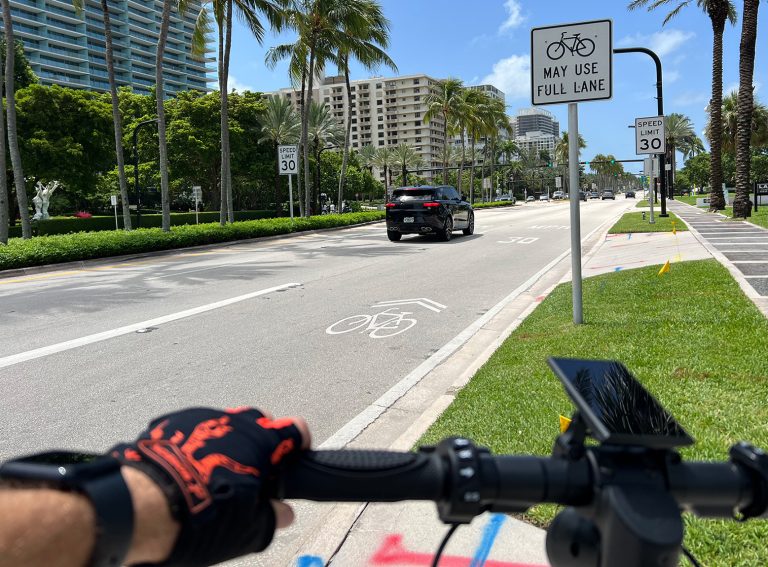Author: Håkan Lutz, CEO and Founder of Luvly, the Swedish developer of civic-minded light urban vehicles (LUVs)
2023 was a strange year for urban mobility. On the one hand, there was enormous growth in awareness of the solutions available to consumers – one needs only to step outside in London, New York, Milan, or Hong Kong to see the wealth of transport solutions on offer – and yet at the same time Paris took a step backwards from e-scooters and Bird was delisted from the NYSE stock exchange.
So what does this tell us for 2024? Is it an indication of consumer reticence to adopt minimobility trends, or simply teething problems in what is set to be a transformative year for the sector?
Deeds not words: an end to lip service
In the realm of environmental commitments, it’s time to move beyond mere lip service. Overwhelming evidence indicates that our efforts to achieve even a fraction of global climate targets are failing, all while neglecting genuine equality ambitions. As we look to 2024, the crystal ball signals that the era of symbolic gestures must end, replaced by tangible and decisive actions.
The EV argument runs flat
EVs have long been marketed as the evolution that will save humanity from climate change; this simply isn’t true. People are starting to recognise that transitioning from internal combustion engine (ICE) cars to today’s electric counterparts does little to alter our climate trajectory. Add the prohibitive cost of electric vehicles hindering mass adoption, and the stage is set for an explosion in electric minimobility. These vehicles, providing 80% of the service with just 20% of the resources, are poised to revolutionise urban transportation.

Collective action over individual responsibility
The prevailing narrative has long placed the onus on individuals to take responsibility for reversing climate change. The belief that informed individuals, given a choice, will make decisions conducive to global well-being is debunked. It’s not the individual but the collective that holds the power to enact meaningful change, be that policy change or something other. To secure our future, we must collectively embrace actions that limit individual freedom to consume public goods – a trend already visible in cities restricting access for polluting vehicles. It is then up to the individual to accept these changes, and for the public bodies to enact policy to freely enable them to do so. Watch for the rise of entirely new commercial fleets ushering in a new era of sustainable logistics.
Extending last-mile delivery networks
One such use of commercial fleets is for last-mile delivery. This trend just began to break the waters in 2023, with companies including Amazon adopting micro vehicles to fulfil these journeys, and 2024 will see it flourish. With the service availability expanding, the industry will witness consolidation and the emergence of minimobility as a viable alternative to traditional transportation methods.
Optimising logistics and distribution
In an age of burgeoning e-commerce and international trade, environmental consciousness mandates the optimization of distribution and logistics. Efforts to ship goods more efficiently will not only impact transportation but also influence production patterns, fostering local efficiency through global trade and transport utilisation. Expect AI to play a big role in this too.
Taking the B2B route for microcars
When it comes to microcars, where we specialise, 2024 will be a matter of getting as many vehicles on the road as possible. At Luvly, the way we are achieving this is by expanding our B2B offering giving third parties the opportunity to licence our vehicle technology to create microcars of their own. If we are to meet environmental targets, speed of transport transition is key.
With much still uncertain, there is just one thing to ask for: that we let 2024 be the year we transcend rhetoric and embrace substantive action and sustainable choices for an equitable future.








